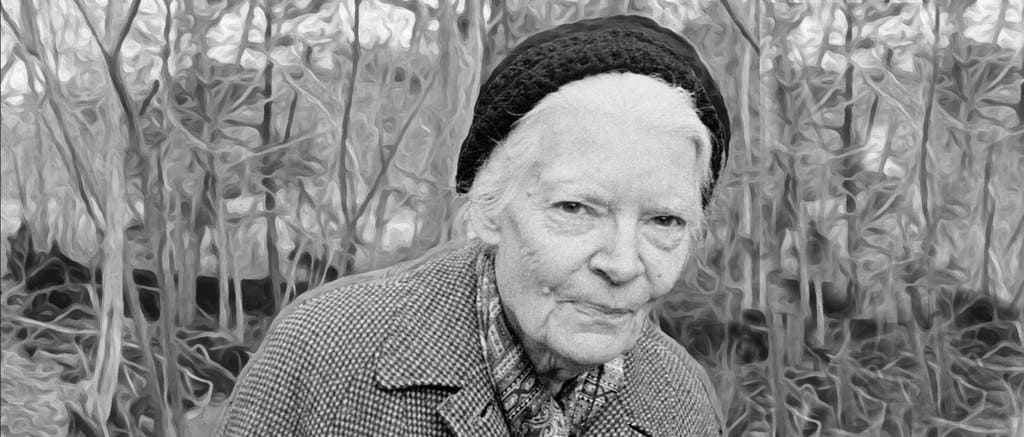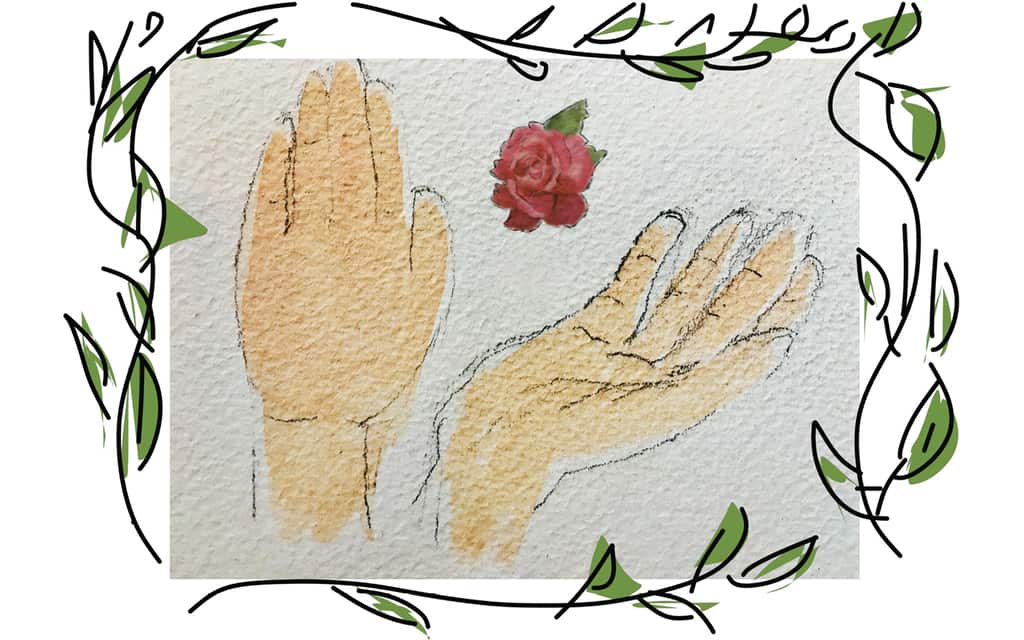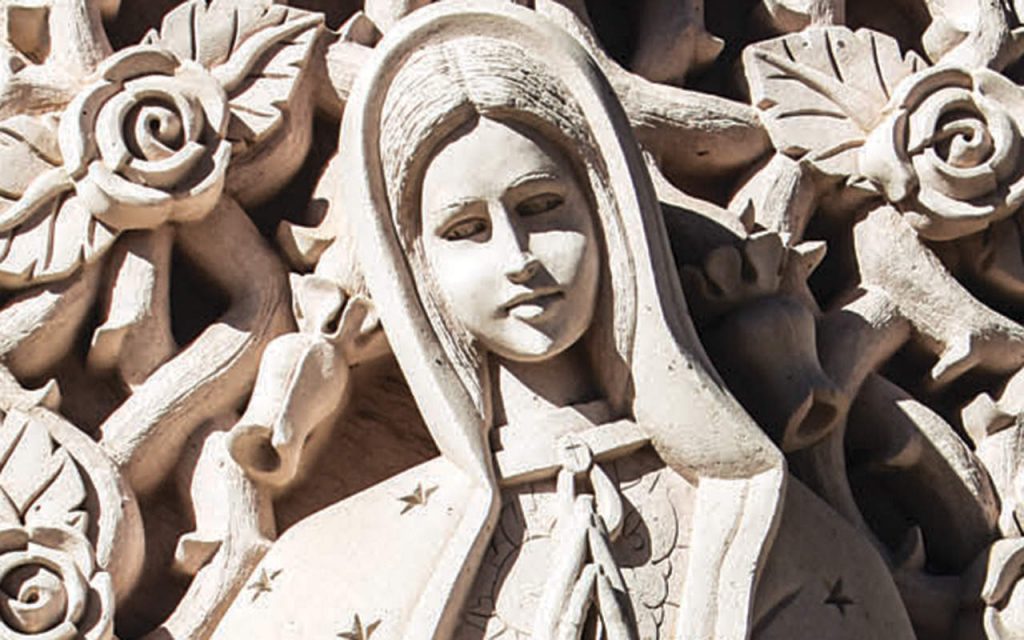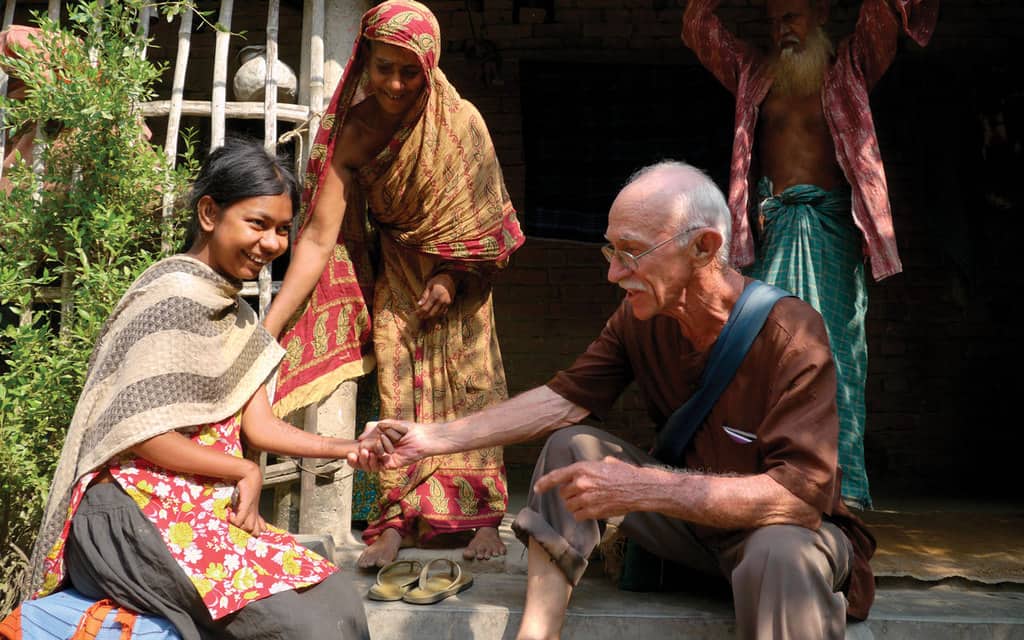“What I want to bring out is how a pebble cast into a pond causes ripples that spread in all directions. And each one of our thoughts, words and deeds is like that.”
– Dorothy Day
Upon her death in 1980, Dorothy Day, co-founder of the Catholic Worker movement, was famously described as “the most significant, interesting and influential figure in the history of American Catholicism.” That significance has become only more evident in the last 40 years, as her distinctive integration of faith with the causes of peace, care for the earth and solidarity with the poor has become an integral challenge for the mission of the Church. She was one of the four “great Americans” around whom Pope Francis organized his 2015 speech to the U.S. Congress, and today her cause for canonization is in process.
This new Orbis volume, a collection of Day’s writings from the last decade of her life, illustrates her signature effort to balance three impulses: direct service of the poor; protest against the system that causes so much poverty and injustice; and an attentive appeal to the possibility of a new society, animated by new values. She had spent her whole life trying to live out the radical implications of the Gospel. But to be a radical, she believed, was not just about protesting, but pointing in the direction of a constructive alternative, a society “where it is easier for people to be good.”
Even as Day aged, her last years were marked by travels around the world, including trips to Soviet Russia, India (where she met with her friend Mother Teresa) and Tanzania, eager to learn about the village socialism of President Julius Nyerere. Other adventures included her last arrest, in 1973, on a picket line with striking farmworkers in California, and her standoff with the Internal Revenue Service over her refusal to pay federal taxes for war. In 1976, at the Eucharistic Congress in Philadelphia, she delivered her last public speech, linking the Eucharist with the hunger for bread and the cause of peace. Still, she found the energy to open a new shelter on the Lower East Side for homeless women.
These writings, which also poignantly document the culmination of her earthly “pilgrimage,” are especially meaningful to me, as they are drawn from the five years I spent as a member of the Catholic Worker community. Several months after my arrival in 1975 at the age of 19, Dorothy asked me to serve as managing editor of The Catholic Worker newspaper, thus, in a way I could not have foreseen, pointing me in the direction of my life’s work: not just as an editor, but as her editor.
This collection marks the fifth volume I’ve edited of her writings, beginning with her Selected Writings (reprinted by Orbis), The Duty of Delight: The Diaries of Dorothy Day, All the Way to Heaven: Selected Letters of Dorothy Day, and On Pilgrimage: The Sixties, also published last year at Orbis. Of all these volumes, this one captures the Dorothy I knew — brave, compassionate, prophetic — who made you feel it was possible to be a better person, and that this undertaking was a marvelous adventure. Both for those who have read her classic memoir, The Long Loneliness, or are discovering her for the first time, these writings, the last testament of a life of faith, solidarity and activism in the cause of justice and peace, point toward a new saintliness for our time.





